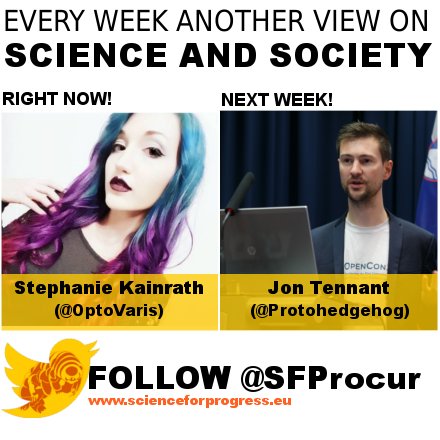Weekly stuff roundup: 13th April, 2018
Welcome to your usual weekly roundup of vaguely interesting stuff that happened in the last week! Enjoy, and let me know if I’ve missed anything out.
Palaeontology news
- Herrera-Flores et al: Taxonomic reassessment of Clevosaurus latidens Fraser, 1993 (Lepidosauria, Rhynchocephalia) and rhynchocephalian phylogeny based on parsimony and Bayesian inference.
- Mallon and Brinkman: Basilemys morrinensis, a new species of nanhsiungchelyid turtle from the Horseshoe Canyon Formation (Upper Cretaceous) of Alberta, Canada.
- dePolo et al: A sauropod-dominated tracksite from Rubha nam Brathairean (Brothers’ Point), Isle of Skye, Scotland.
- Hopkins et al: The inseparability of sampling and time and its influence on attempts to unify the molecular and fossil records.
- A finger bone from an unexpected place and time upends the story of human migration out of Africa – LA Times.
- Martin-Silverstone and Palmer: A novel method of estimating pterosaur skeletal mass using computed tomography scans (via paleorXiv)
Open Science news
- FOSTER have released their roadmap for Open Science training.
- GENDERACTION: Enhancing the gender dimension of Open Science and Open Innovation policies: The GENDERACTION (GENDer equality in the ERA Community To Innovate policy implementatiON) project examines ways of strengthening gender issues in Open Science (OS) and Open Innovation (OI) policies and of research with a gender dimension. Focusing on selected aspects of OS/OI policies and practices, the project has found that most analyses and policy documents adopt a gender blind approach. The report argues that considering gender issues in the development of OS/OI policies could have a positive impact on the promotion of gender equality goals and the elimination of gender biases. As such, the report should be considered as a first exploration of such inter-linkages with a view to contributing to increased synergies between these two ERA policy priorities.
- Xia et al: A Review of Open Access Self-Archiving Mandate Policies. “..an open access mandate policy, by itself, will not change existing practices of scholarly self-archiving.”
- French say ‘no deal’ to Springer as journal fight spreads – THE. “ he situation in France mirrors that in Germany, where a national consortium is thought to be saving more than €10 million a year after failing to reach a deal with Elsevier. Despite having no contract, the publisher has not cut off access.” #winning
- See also more than 2200 French researchers signing this petition to say that they can do fine without direct access.
- Web of Science owner buys tool that offers one-click access to journal articles. More here via THE.
- Related news, Unpaywall has integrated with Europe PMC. Slowly helping to solve the access crisis that publishers have created.
- Moher et al: Assessing scientists for hiring, promotion, and tenure.
- Lamb et al: Tweet success? Scientific communication correlates with increased citations in Ecology and Conservation.
Jon stuff
The new journal, Geoscience Communication, is now on Twitter!

- Tweeting from the Science for Progress account for a little bit, mostly on open science stuff. More details here.

- Helped to organise the Blockchain for Open Science meetup event in Berlin. But sadly couldn’t attend because..
- I’m in Bali! After winning an IGDORE travel award to work on Open Science. Not the worst!
- New blog post: A case of Mesozoic misidentification, for PLOS Paleo.
- New blog post, part 16 in the mega peer review series: Two-stage peer review and Registered Reports.
- Announced a partnership between the Center for Innovation at Leiden University, the German National Library of Science and Technology (TIB) and the Open Science MOOC!
Other stuff
- Should research funding be allocated at random? Dorothy Bishop has a thoughtful and balanced post on this that’s really worth reading.
- Rigby et al: Journal peer review: a bar or bridge? An analysis of a paper’s revision history and turnaround time, and the effect on citation. Blog post via LSE Impact Blog. “Using data from the journal peer review process of a single journal in the Social Sciences field (Business, Management and Accounting), we examine the effects of peer review on papers submitted to that journal including the effect upon citation, a novel step in the study of the outcome of peer review. Our detailed analysis suggests, contrary to initial assumptions, that it is not the time taken to revise papers but the actual number of revisions that leads to greater recognition for papers in terms of citation impact.“
- Science’s vast gender pay gap revealed in UK wage data: “Universities, pharmaceutical companies, funders and other science-focused organizations maintain a gender pay gap that is 50% greater than the national average for all employers.“
- Moving beyond community engagement for online science collectives – Bruce Carron.
- New awards aim to celebrate women in science: Prizes will reward outstanding sci
- entific discovery and exceptional efforts to engage girls and young women in science. – Nature News.